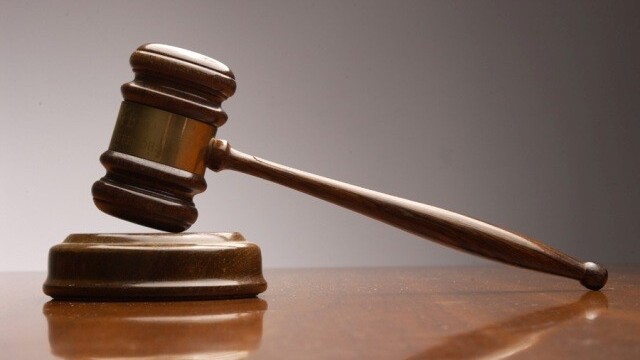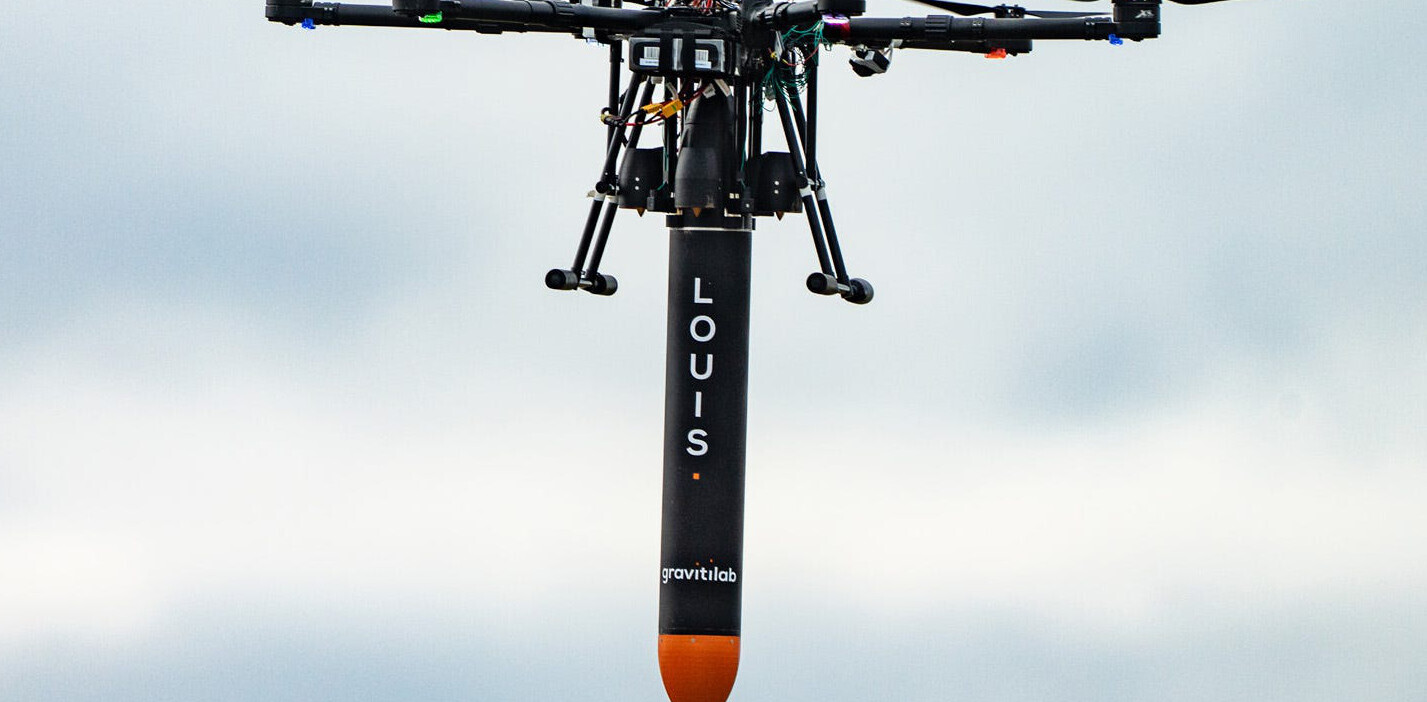
A report commissioned by the UK Metropolitan Police Service (MPS) in the wake of the phone hacking scandal and collated by former parliamentary standards commissioner Dame Elizabeth Filkin, set out to dissect and analyze the sometimes ‘cosy’ relationship that exists between the police force and the media.
Without delving too deeply into the ins and outs of the report, one section in particular caught our attention: Ten tactics used by some in the media. Watch out.
Personally, I love the way it’s written, it sounds like a 1940s war-time government-issued guide, the way it finishes with abrupt one-line sentences such as ‘Avoid’ and ‘Be careful’.
Without further ado, here’s the top ten pointers for police to avoid getting conned by us journos…
- Alcohol. Late-night carousing, long sessions, yet another bottle of wine at lunch – these are all long-standing media tactics to get you to spill the beans. Avoid.
- Flirting. Often interlinked with alcohol. Designed to get you to drop your defences and say far more than you intended. Be careful.
- “I’ll make it worth your while.” If you think they mean money, say no and beat a hasty retreat. Make sure the press office and Department of Professional Standards know.
- “A source told me the name of the man you arrested. Can you confirm the spelling?” Say no. This could be a tactic to get you to confirm a name they have been given from elsewhere so they can print it. It may be a guess, or it could be a ruse.
- “I’ll be sacked if I miss the deadline in ten minutes. You’ve got to tell me.” Don’t be rushed. “If you don’t help me, I’m going to write a really knocking story.” They’ll probably knock you anyway. Don’t give in to threats.
- “Can you slip me a picture? The family said it’s OK?” Did they? Does it meet the rules for disclosing pictures? What does the press office say?
- You are on a highly sensitive investigation and the Senior Investigating Officer warned you of the dire consequences if you talked to the media, then wouldn’t it be very foolish of you to leak?
- As a constable or sergeant, or scenes of crime officer, you may know more than your inspector or superintendent, but if you don’t get permission to deal with the media you put yourself at risk.
- Don’t get sucked into the hurricane. Many of those who criticise police for ‘leaking to the media’ have never watched the media descend, like a tropical storm, on a town/village/crime scene, laying bare every possible fact. They WILL establish the name and life-story of the suspect. If you’ve agreed an approach to certain information with your press office, stick to it and record it. You can then defend yourself against leak allegations.
- It may help to assume you are being recorded when you talk to journalists.
You can read the full report for yourself here: The Ethical Issues Arising From The Relationship Between Police And Media
H/T to: Colin Freeze
Get the TNW newsletter
Get the most important tech news in your inbox each week.





